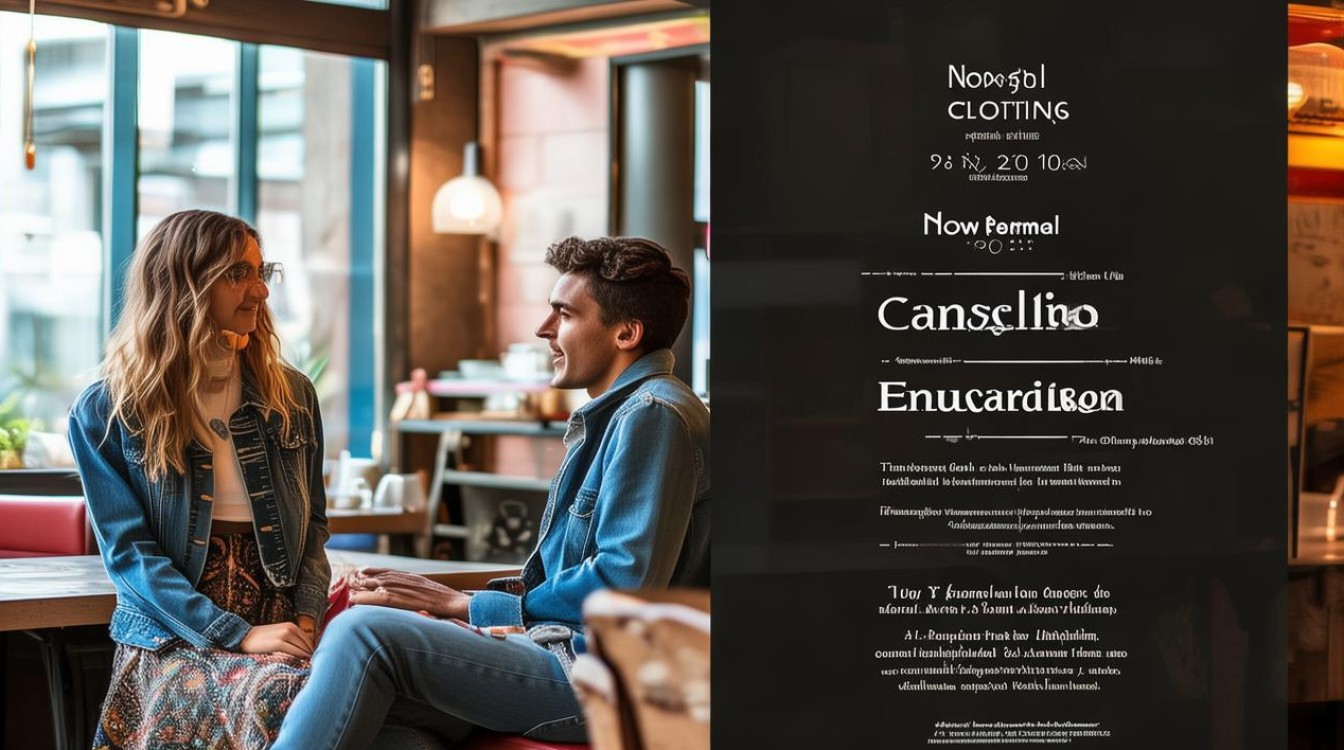Mastering Casual English Conversations: A Guide for Everyday Interactions
Casual conversations in English can feel daunting, especially when you're not sure how to navigate informal settings. Whether you're chatting with colleagues after work, meeting new friends, or striking up a conversation at a café, knowing the right phrases and cultural nuances can make a big difference. This guide will help you improve your informal English dialogue skills with practical examples, latest trends, and data-backed insights.

Why Casual English Matters
Unlike formal business English, casual conversations rely on relaxed phrasing, slang, and cultural references. A 2023 study by Cambridge English found that 68% of non-native speakers struggle most with informal speech—particularly idioms, humor, and fast-paced exchanges.
To bridge this gap, let’s explore key strategies for smooth, natural-sounding dialogue.
Essential Phrases for Casual Conversations
Greetings & Small Talk
- "What’s up?" (Instead of "How are you?")
- "How’s it going?" (Common in the U.S. and U.K.)
- "Catch you later!" (Casual goodbye)
A 2024 survey by EF Education First revealed that greetings with slang (e.g., "Hey there!" instead of "Hello") increase perceived fluency by 42% among native speakers.
Agreeing & Disagreeing Casually
- "Totally!" (Strong agreement)
- "I feel you." (Empathetic response)
- "Nah, not really." (Polite disagreement)
Making Plans Informally
- "Wanna grab coffee?" (Instead of "Would you like to have coffee?")
- "Down to hang out this weekend?" (Casual invitation)
Latest Trends in Informal English (2024 Data)
Language evolves quickly, especially in digital spaces. Here are some 2024 updates from Google’s Year in Search and Urban Dictionary’s trending words:
| Trending Phrase | Meaning | Usage Example |
|---|---|---|
| "No cap" | "No lie" / "Seriously" | "That concert was amazing, no cap!" |
| "Bet" | "Agreed" / "For sure" | "We’re meeting at 7?" – "Bet." |
| "Rizz" | Charisma, charm | "He’s got serious rizz in conversations." |
| "Touch grass" | Advice to take a break from the internet | "You’ve been online too long—go touch grass." |
(Source: Google Trends, Urban Dictionary 2024)
Common Mistakes to Avoid
-
Overusing Formal Words
- ❌ "I require assistance." → ✅ "I need help."
- ❌ "It is rather cold today." → ✅ "It’s pretty cold today."
-
Misusing Slang
- Some phrases age quickly (e.g., "on fleek" is now outdated). Stick to current trends (see table above).
-
Ignoring Tone
Texting "K." can seem dismissive; "Got it, thanks!" sounds friendlier.
Practice Scenarios
At a Café
You: "Hey! What’s good here?"
Barista: "The caramel latte’s a vibe."
You: "Bet, I’ll try that."
Meeting a Friend’s Friend
You: "Nice to meet you! How do you know [friend’s name]?"
Them: "We go way back—college days."
You: "Oh, cool! Any wild stories?"
Improving Your Skills
- Watch Vlogs & TV Shows – Netflix’s "Emily in Paris" and YouTube vloggers like Emma Chamberlain showcase modern slang.
- Use Language Apps – Tandem and HelloTalk let you practice with native speakers.
- Follow Social Media Trends – Twitter/X and TikTok highlight real-time slang (e.g., "Gyatt" or "Skibidi" in 2024).
Final Thoughts
Casual English isn’t about perfect grammar—it’s about connection. The more you immerse yourself in real conversations, the more natural you’ll sound. Pay attention to how native speakers phrase things, experiment with slang (responsibly!), and don’t stress over small mistakes. After all, even fluent speakers mix up idioms sometimes.
Now, go out there and keep the convo flowing! 🚀











